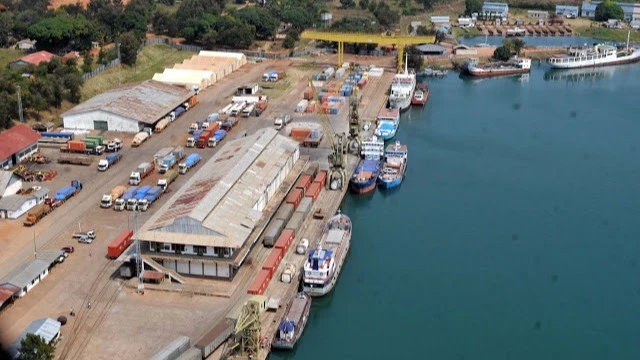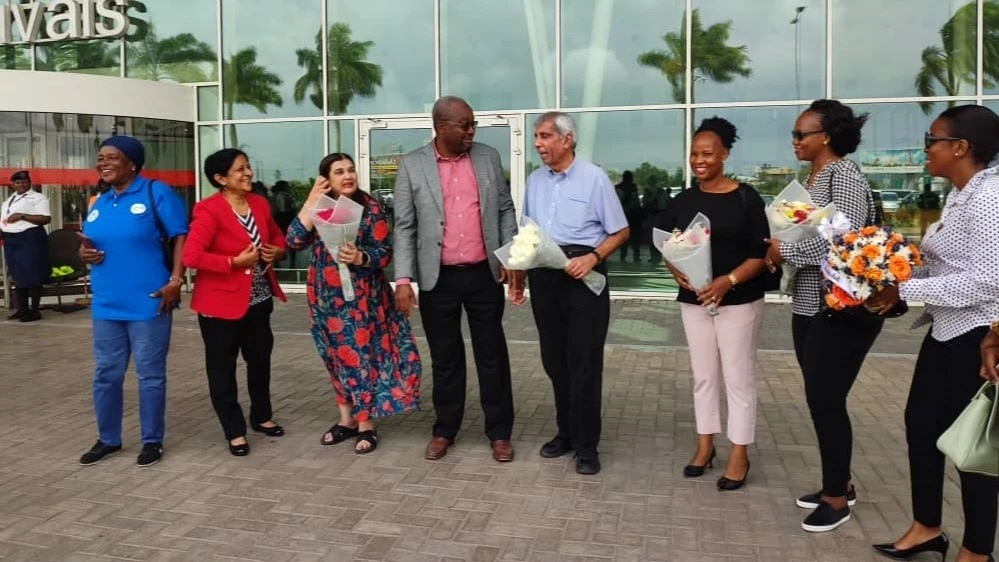Traders irate over Ujiji port revenue loopholes

POOR revenue collection methods at Kibirizi port in Kigoma Ujiji municipality has created loopholes occasioning substantial losses to the government, stakeholders affirm.
Alhaji Mabie, a businessperson who operates the freight and passenger transport company, Aifola, said at a regional business council meeting here yesterday that lack of coordination on collections was denying the government its rightful revenues.
He said that many fees and charges collected were not reaching government coffers due to arbitrary and unregulated charging practices, a situation is further exacerbated by having multiple agencies like the Tanzania Ports Authority (TPA), the Tanzania Revenue Authority (TRA) on customs, and the Tanzania Shipping Agency Corporation (TASAC), each regulator using a specific method for revenue collection.
Passengers using approved cargo ships to travel to the Democratic Republic of Congo (DRC) are charged $25 to $30 for tickets but they do not receive electronic fiscal device (EFD) tickets.
“They are still using outdated technology. Passengers don’t receive tickets from a specific system; instead, their names are recorded by the ship’s personnel and they are charged $25 or $30,” he said.
Someone else handles the payments made, with no record indicating the tax that goes to the government, he said, intimating that the government needs to enhance oversight to close these corruption loopholes.
He said that significant amounts of money are lost, citing the case of a $5 fee paid by visitors from the DRC upon entry which lacks receipts or proper documentation, implying that the government loses revenues.
Municipal employees should stop the ‘business as usual’ attitude and fully adhere to guidelines, regulations and applicable laws to ensure that the government benefits from the set fees, he said.
He further aired the need to consolidate all minor fees collected by various agencies, including radiation and standards inspection by the Tanzania Bureau of Standards (TBS), into a single payment system to eliminate inefficiencies.
Thobias Andengenye, the Kigoma regional commissioner who chaired the meeting, underlined that business operators are willing to pay the fees but are anxious about whether the money reaches public coffers.
“Our traders suspect that paying fees benefits only a few individuals rather than being directed to government coffers for projects uplifting communities. Whether it is one dollar or five dollars collected, it should go to the government,” he emphasised.
He expressed satisfaction with the business community for not having issues with paying fees but is concerned about improper collection, which needs to be improved.
The municipal council has meanwhile instructed that passengers must have a travel ticket and be listed on the manifest to board a ship, a move aimed at ensuring the safety of vessels “as well as securing revenue from those violating procedures for personal gain.”
The RC-chaired business council resolved that relevant institutions involved in transportation, starting with TRA, Immigration, TPA and TASAC to establish a joint revenue collection system for all port-related agencies to streamline monitoring and control of revenue.
Responding, economist Mwajuma Ally from the regional secretariat, said a special committee has been formed to find solutions on how to consolidate the fees to reduce inconveniences to businesspeople.
She acknowledged that this wasn’t the first time the traders complained about the revenue collection system, affirming merely that the government had heard them and that a new joint system would be instituted.
Top Headlines
© 2025 IPPMEDIA.COM. ALL RIGHTS RESERVED

























